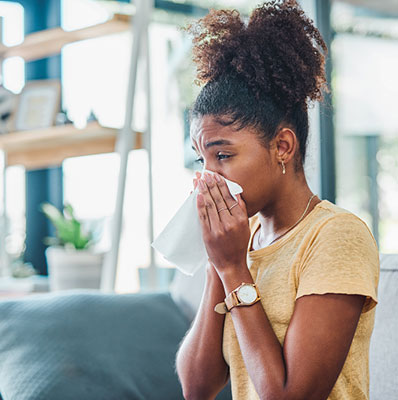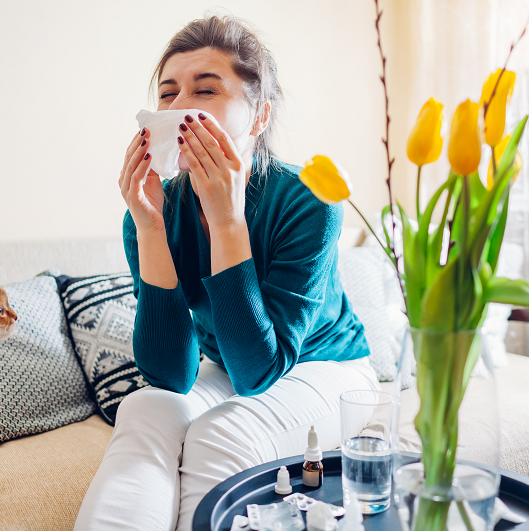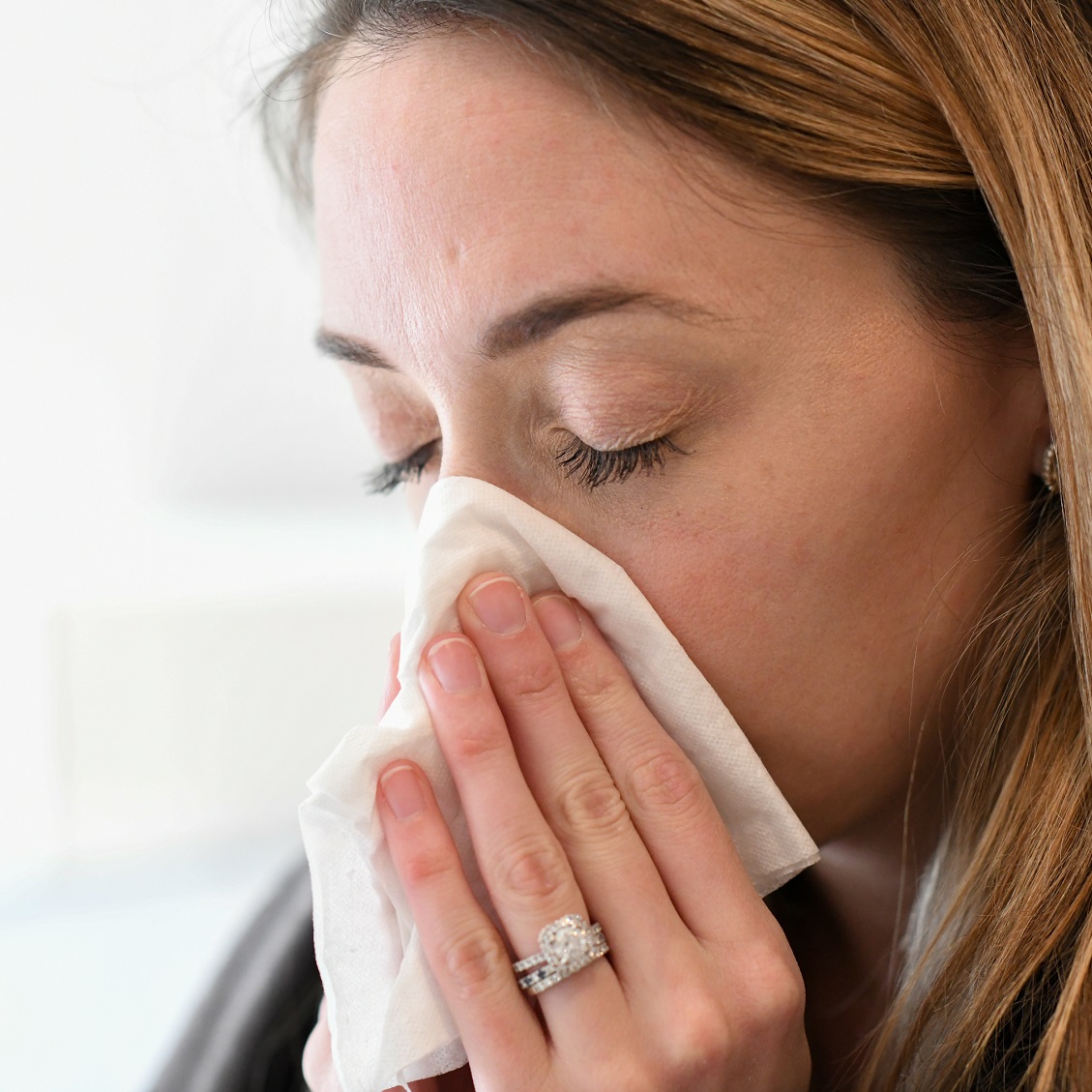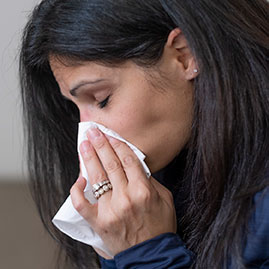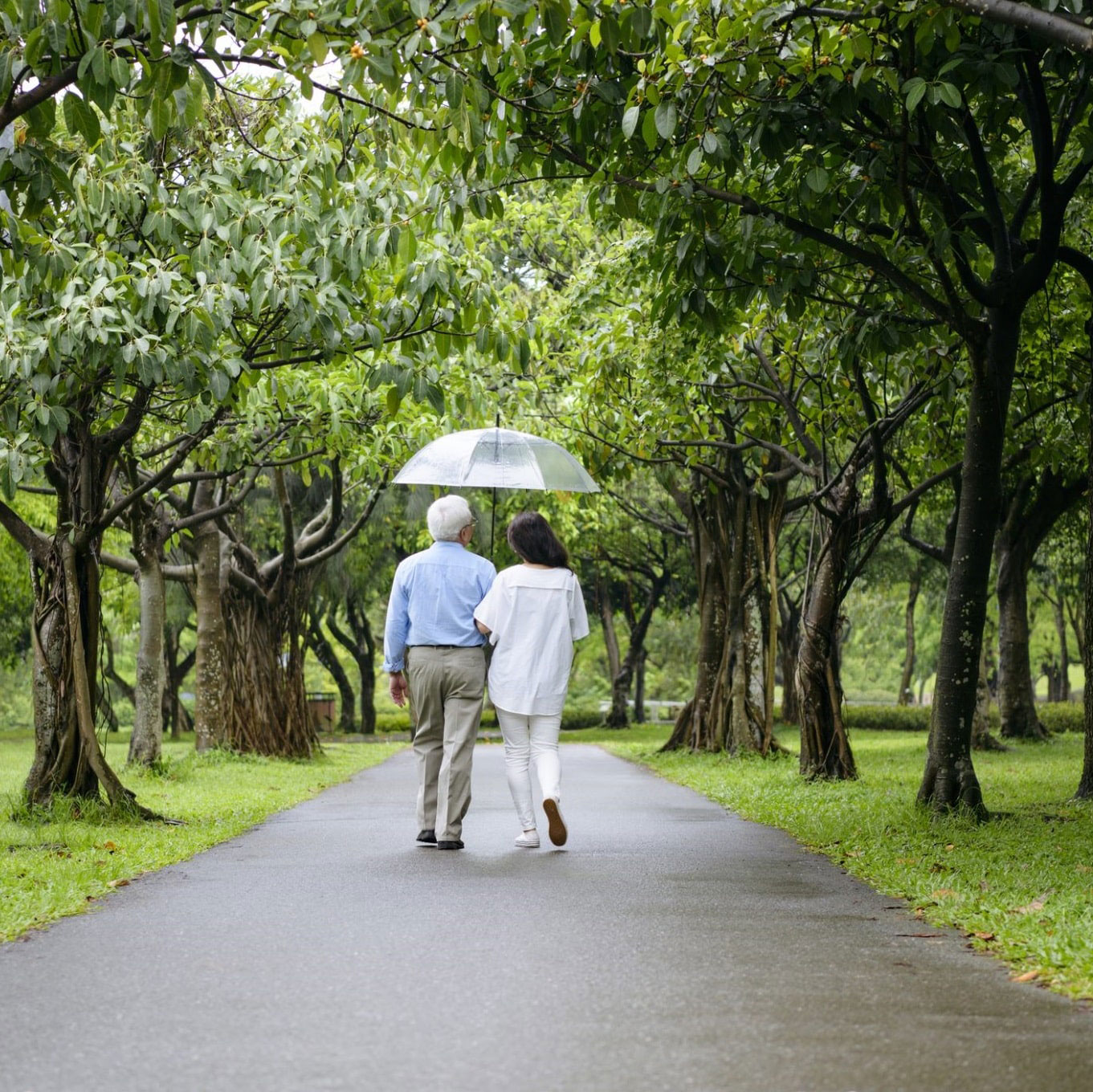Spring is in the Air: Managing Your Spring Allergies
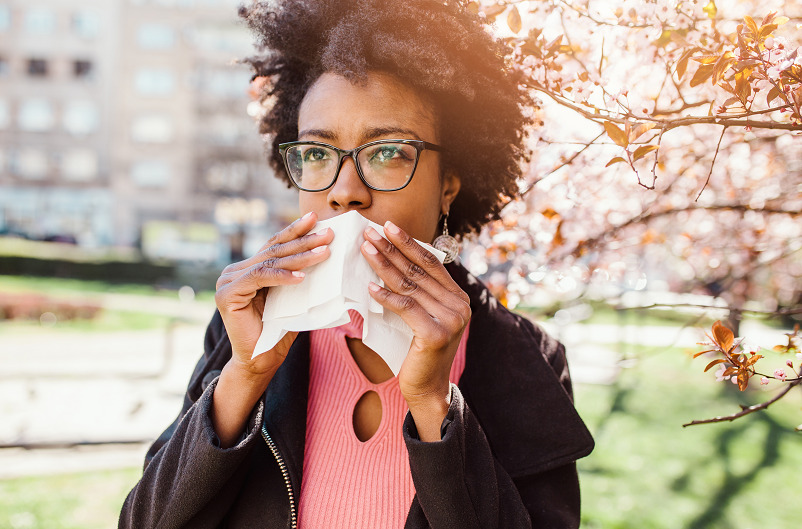
December 01, 2021
Spring is in the air, and so are seasonal allergens. With spring in full bloom many of us struggle with allergy symptoms, such as nonstop sneezing, runny nose, watery eyes and itching of the eyes and/or throat.
When this happens, tree pollen is the perpetrator. Tree pollen is very light and the wind can carry it for miles. These light, dry grains easily find their way to your sinuses, lungs and eyes, making them hard to avoid. For allergy sufferers, this can make heading outdoors in the spring a nightmare.
If you are of the eight percent of Americans that suffer from seasonal allergies, not to fear – Tamar Weinberger M.D., allergist at Hackensack Meridian Health Medical Group said, “Even if you are suffering from spring allergies, you’d be happy to know that there are precautions you can take to enjoy the spring temperatures and outdoor activities!”
Symptoms
Not sure if you are suffering from spring allergies? These are a few of the symptoms you might be feeling (not to be confused with the common cold!)
- Itching of eyes and throat
- Red and watery eyes
- Sneezing
- Runny nose
- Nasal Congestion
- Fatigue
How can I manage my spring allergies?
If you are experiencing any of these symptoms, here are some tips to help manage your allergies:
Check daily pollen counts, and stay indoors when it is high.
Pollen count is known to vary throughout the day and is usually higher in the morning, so skipping that morning walk and venturing outdoors in the late afternoon may help reduce your contact with pollens.
Take a shower immediately after working or playing outdoors.
This will help in reducing the spread of pollen on your sofa, on your bed and other common areas in your home.
Wear a hat and sunglasses outside.
A hat and sunglasses will protect your face and eyes from pollen in the air.
Dr. Weinberger also recommends keeping the windows in your home closed and turning on your air conditioner to circulate the air – this is also recommended in the car.
How can I treat spring allergies?
Regular use of intranasal corticosteroids can help treat allergies. When used correctly – this can dramatically reduce symptoms with minimum side effects. Other treatment option includes daily antihistamines. These can be purchased over the counter at your neighborhood pharmacy.
Natural remedies that include saline rinses with distilled water, sodium bicarbonate and salt can be used to wash out the sticky allergens that are in your nasal passages.
Dr. Weinberger does not recommend the use of decongestants – “they may temporarily relieve your symptoms and make you feel better, but ultimately make your congestion worse.”
Your doctor is the best resource for managing and treating spring allergies. Talk to your doctor or a board-certified allergist about your symptoms and treatment options if nothing seems to help. For long-term relief, allergy shots or immunotherapy may prove to be an effective option.
Next Steps & Resources:
- Meet our source: Tamar Weinberger M.D.
- To make an appointment with Dr. Weinberger or a doctor near you, call 800-822-8905 or visit our website.
The material provided through HealthU is intended to be used as general information only and should not replace the advice of your physician. Always consult your physician for individual care.

